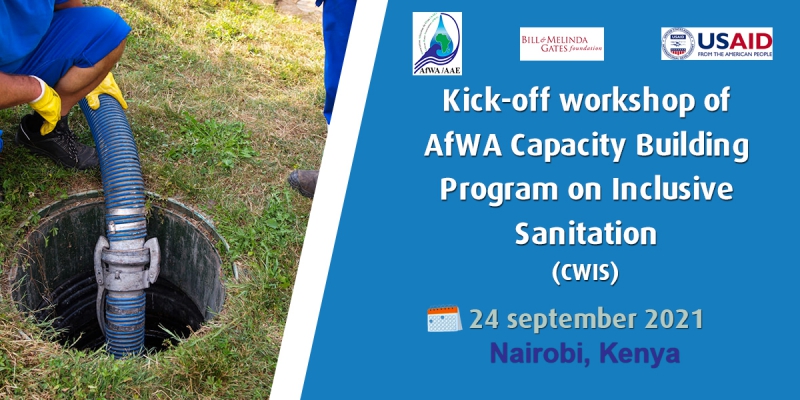In 2008, 3.3 billion people lived in cities that are about 50 % of the global population. By 2030, this figure, according to the World Bank, would be close to 5 billion, or 60% of the total world population.
The phenomenon will be particularly striking in Africa and Asia, where the urban population will double between 2000 and 2030. With these trends, access to drinking water and sanitation will continue to be in these cities a daily struggle for hundreds of thousands of city dwellers. This will be mainly the case in sub-Saharan Africa, where nearly 565 million people do not have access to adequate sanitation facilities.
In addition, the combination of polluted water and lack of sanitation is one of the main causes of infant mortality: nearly 4,100 children die every day from acute diarrhea, a disease mainly related to the lack of sanitation and poor hygiene. According to the World Bank Water and Sanitation Program report, the lack of sanitation infrastructure costs nearly US$ 5.5 billion a year to eighteen African countries.
To improve this worrying situation, over the past two decades and particularly within the framework of the global MDG agenda (2000-2015), the objective of halving the number of people without access to improved sanitation has been fixed and completed with varying degrees of success.
In this race to achieve the MDGs goals related to sanitation, a lot of infrastructure and in particular toilets have been built; however, it was noted during the evaluation an absence of a global management of the sanitation value chain from the collection, transportation, treatment to reuse.
Over the period of 2015-2030, within the SDGs set, the overall objective defined for sanitation has become more ambitious and concerns access for all to sustainable sanitation systems. To meet this challenge, several African countries with the support of donors (FBMG, AWF, USAID, etc.) tried with more or less success to develop several models and approaches for on-site sanitation solutions, which concerns more than 90% of the African population. In Senegal for example, with the support of the Bill and Melinda Gates Foundation, various tools, through a scientific approach, have been implemented for a better institutional and legislative organization of the faecal sludge sector, the involvement of the private sector, the use of ICT for a better emptying service and the construction of infrastructure for the collection, transport, treatment and reuse of fecal sludge.
In addition, as part of the implementation of the WOP Africa program, the evaluation made in March 2015 noted that out of the 17 partnerships implemented in this pilot phase, only four were focused on sanitation. Thus, it was clearly emphasized that the implementation strategy should further involve the promotion of specific sanitation partnership projects centered around on-site sanitation and faecal sludge management in urban areas. With the support of the Bill and Melinda Gates Foundation, AfWA then set up in 2016, a peer-to-peer partnership project called RASOP-Africa whose objective was to support five sub-Sahara African cities in improving their FSM systems with a coverage of at least one million people. Concretely, the municipalities or sanitation companies of five beneficiary African cities have been coached by other similar entities from other African countries with more experience in FSM. With the promising findings from RASOP-Africa that have allowed major progress on fecal sludge management in the targeted cities, AfWA with the renewed support of the Gates Foundation, decided to extending this approach to other African countries / cities in sub-Saharan Africa in order to contribute to the achievement of the SDGs. Based on the Citywide Inclusive Sanitation (CWIS) approach, the objective of the SAO-CWIS project and of the sanitation component of the AfriCap USAID funded project, will be to achieve universal access to improved sanitation in the cities targeted, taking into consideration the safe management of all human waste produced; the efficient recovery of the resources generated throughout the sanitation chain by a variety of technical solutions, whether individual or collective.
A selection of beneficiary countries and cities was made on the basis of objective criteria, resulting in the involvement of 14 African countries in which 52 cities will be involved.
For an effective start of the activities of this capacity building program in the countries targeted, a launching workshop is planned in each of these countries in order to:
- Identify the key players in the sanitation sector at all levels (national, regional, municipal);
- present the overall project to the various stakeholders and agree on the levels of involvement of each actor (REIPs, beneficiary, mentor, other key players);
- present and discuss the short and medium term action plan of the project;
- discuss around any other businesses related.
The kick-off workshops for the CWIS program are held on September 3 in Malawi, September 7 in Ethiopia and September 13 in Kenya.

 English
English  Français
Français 
